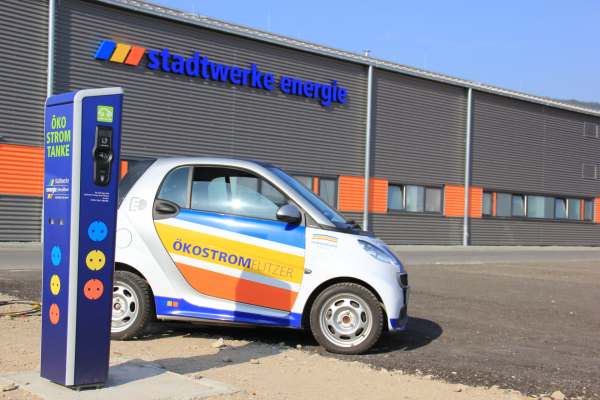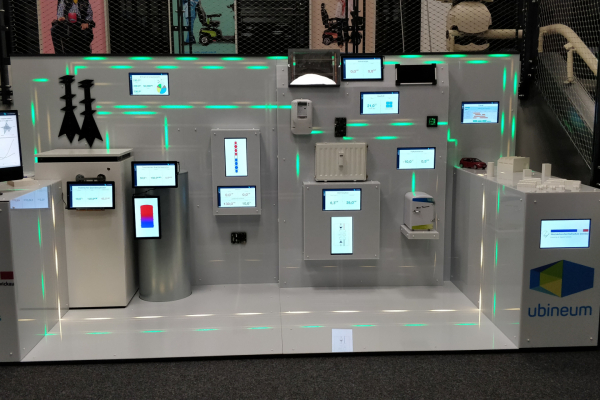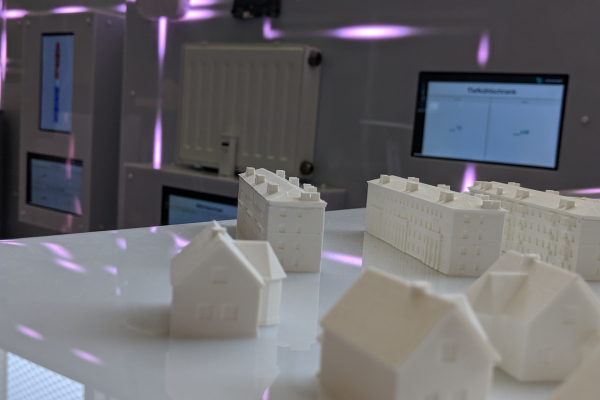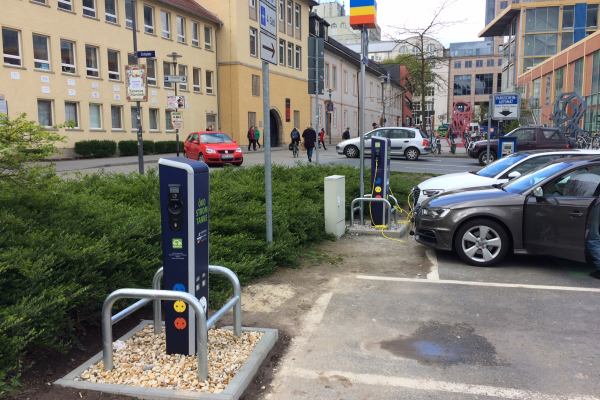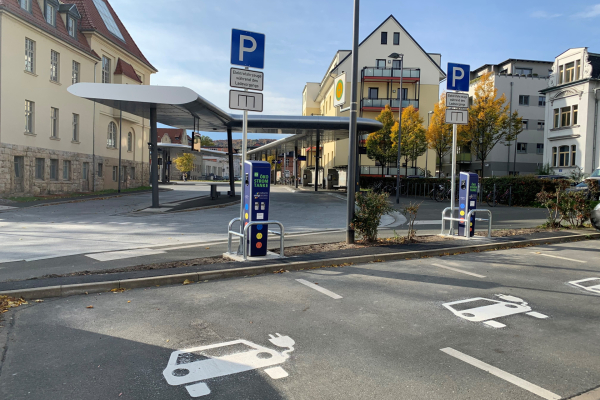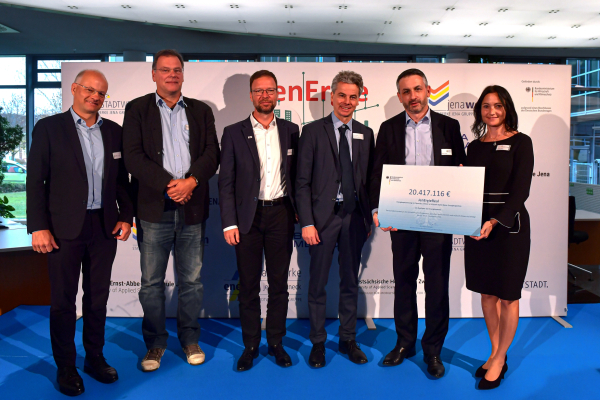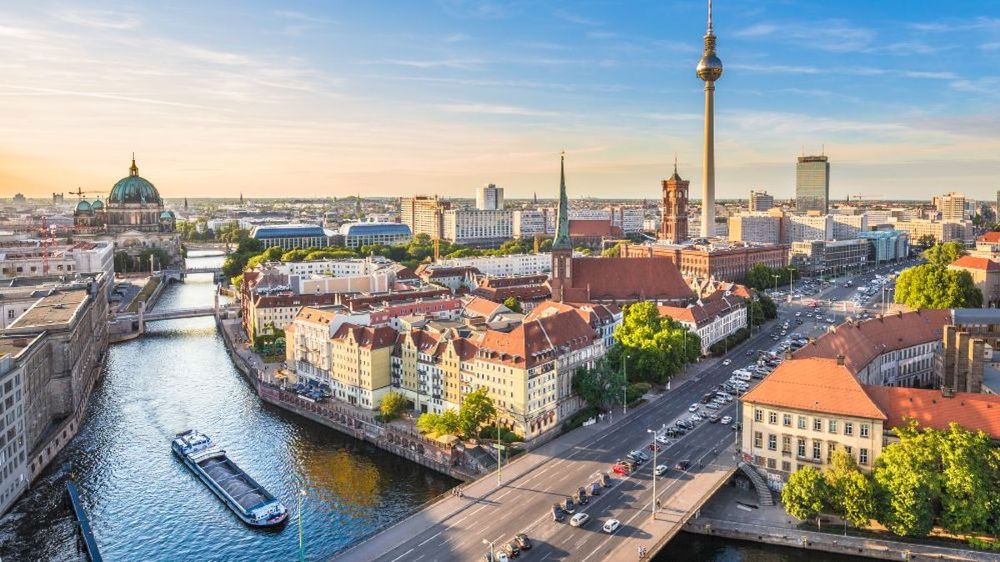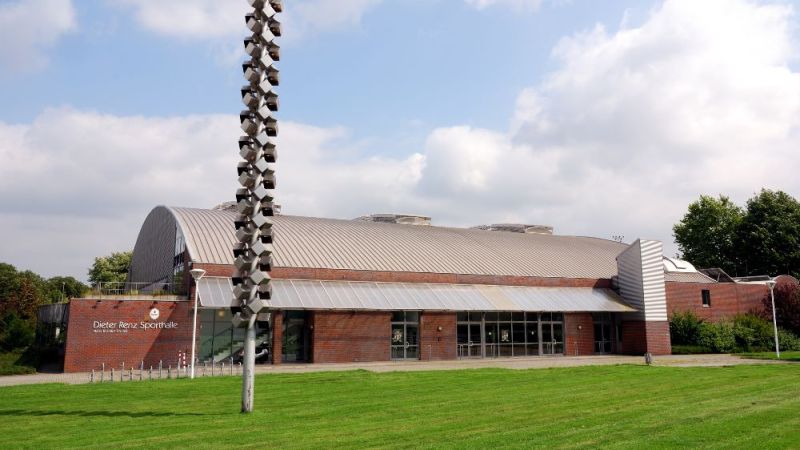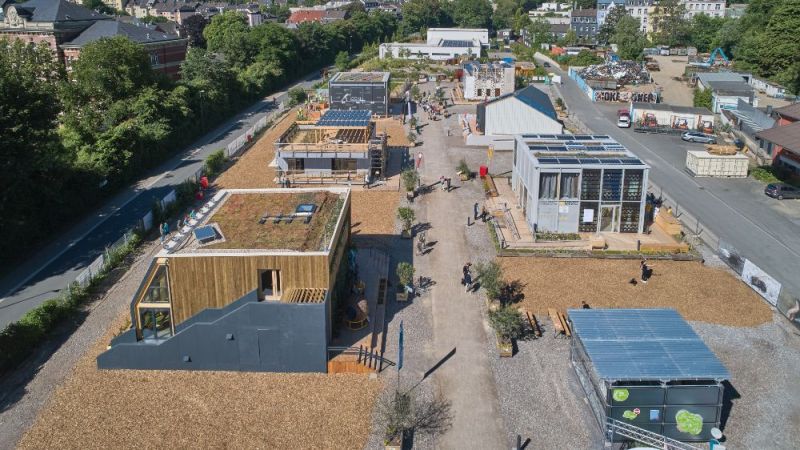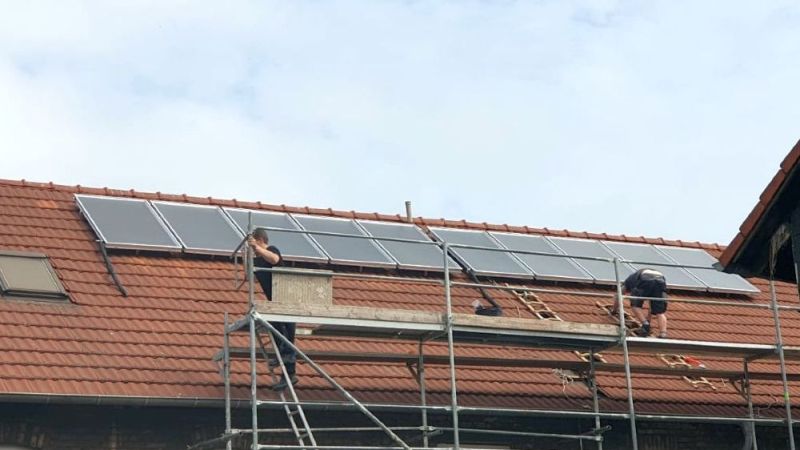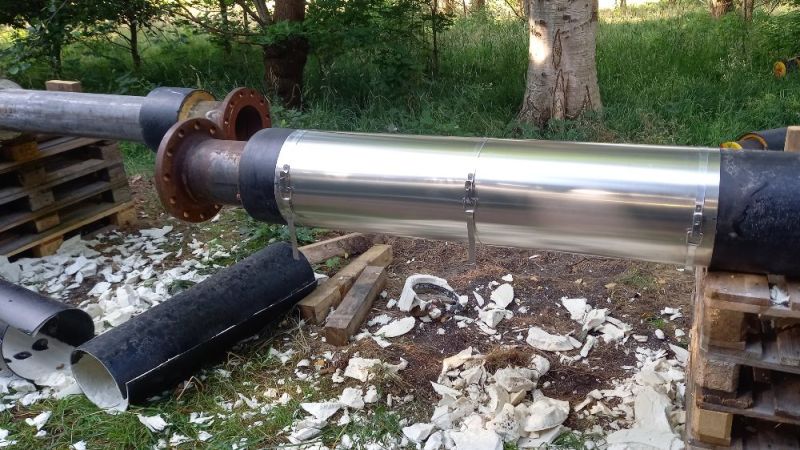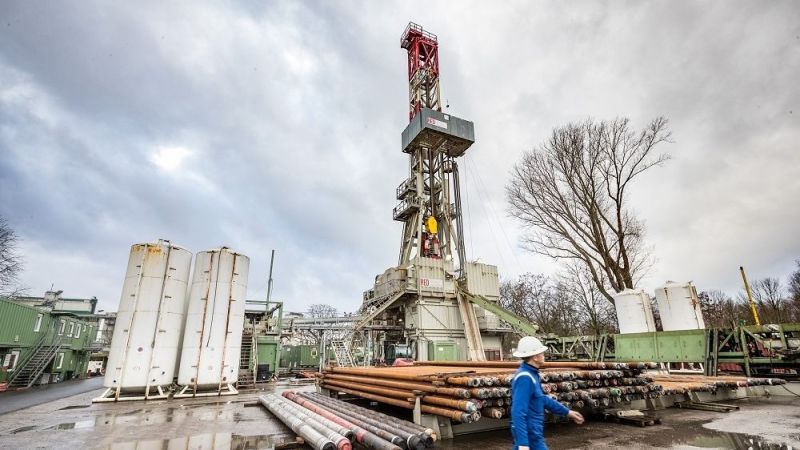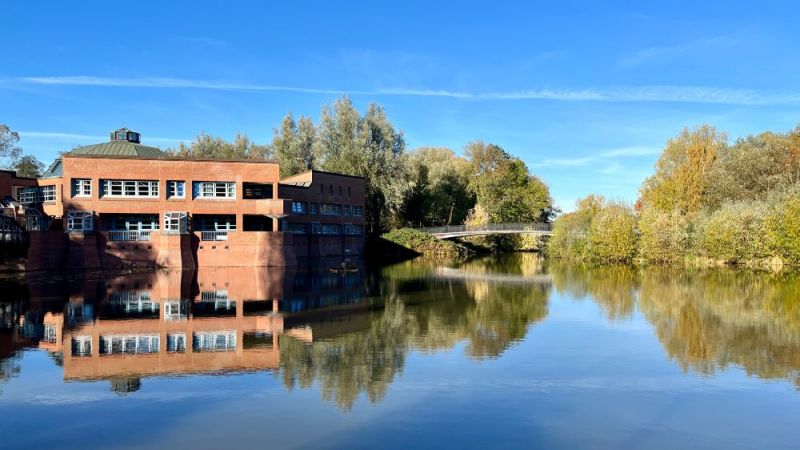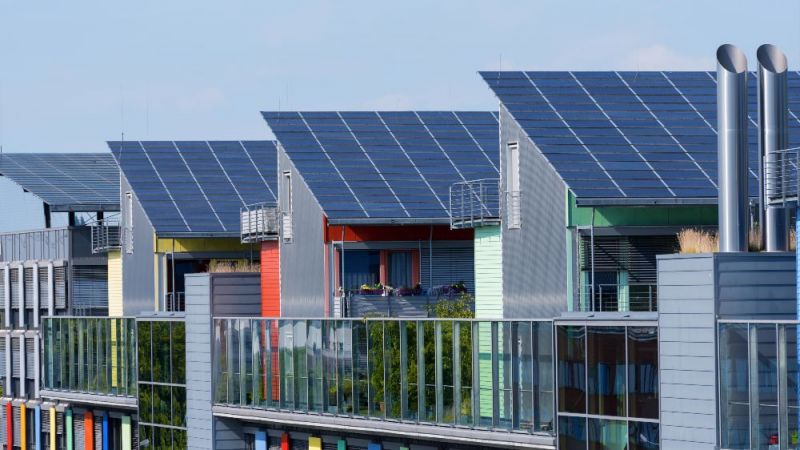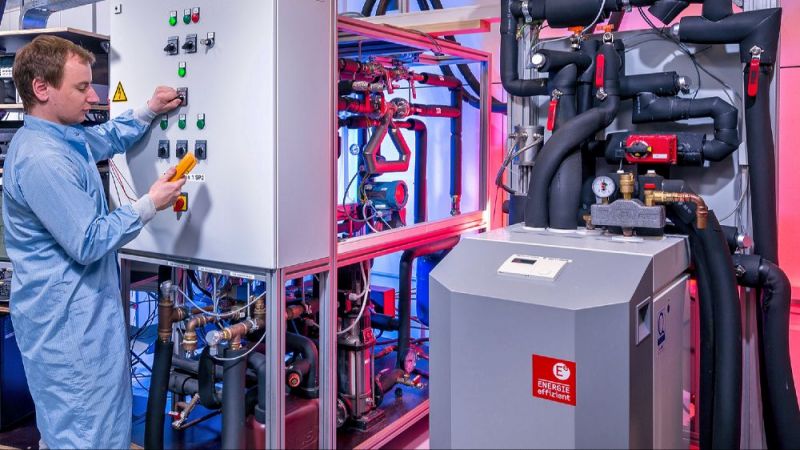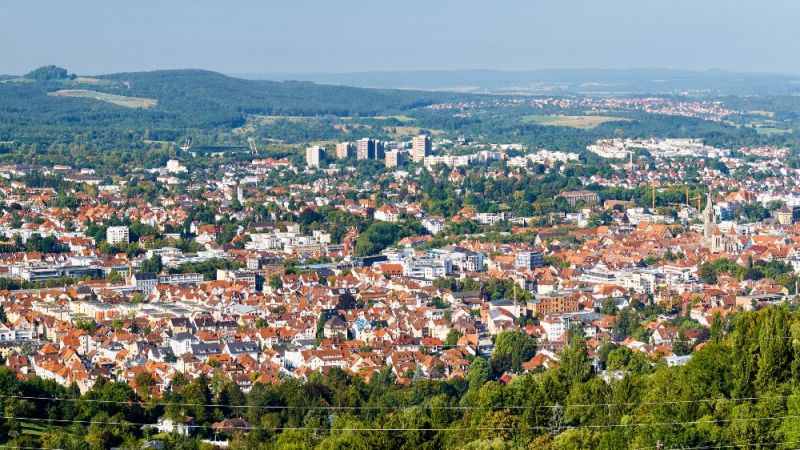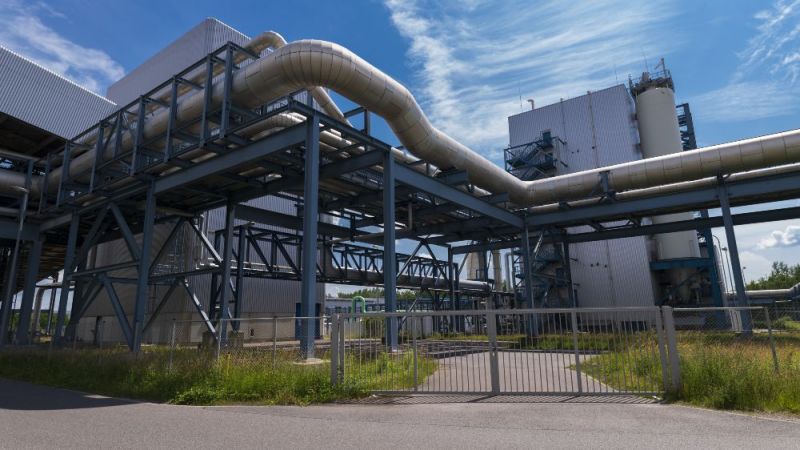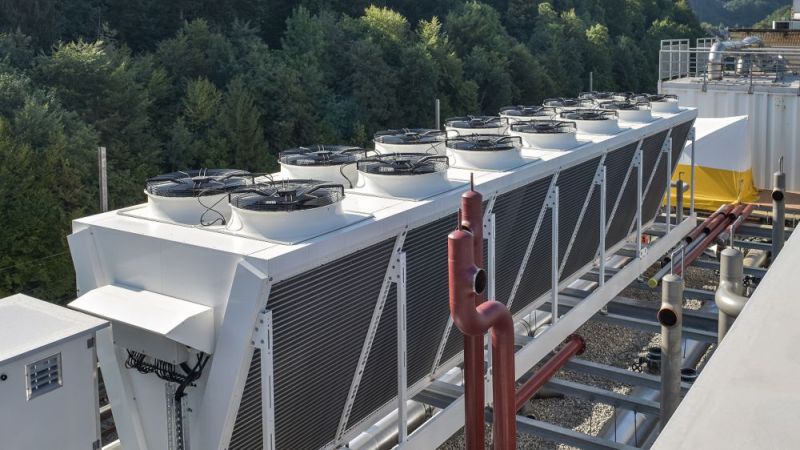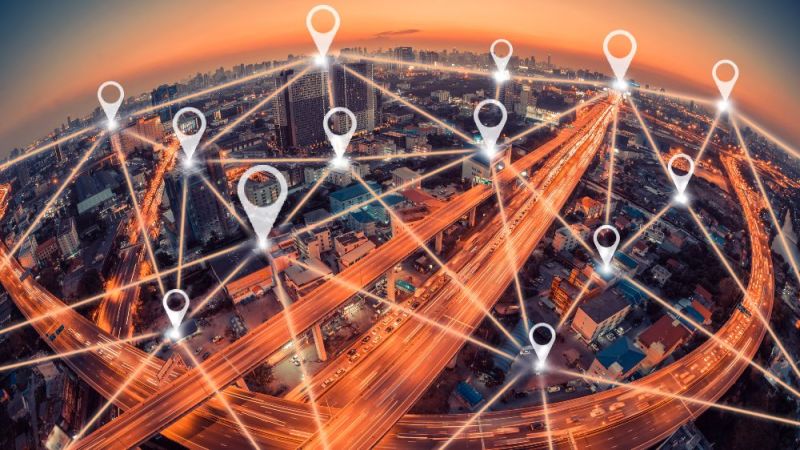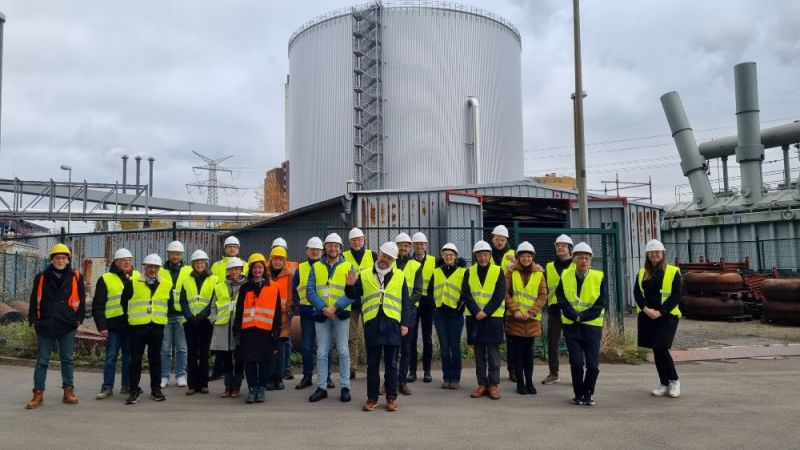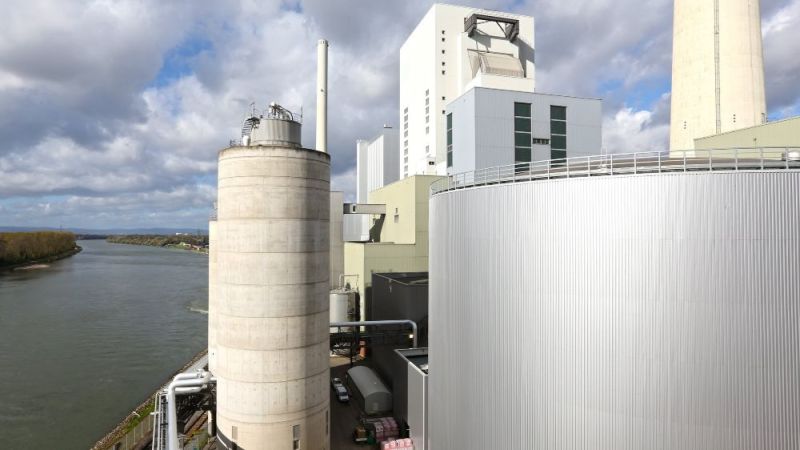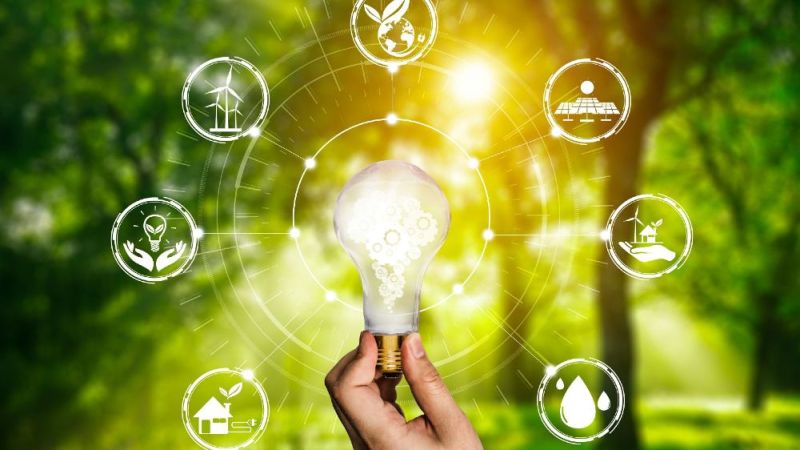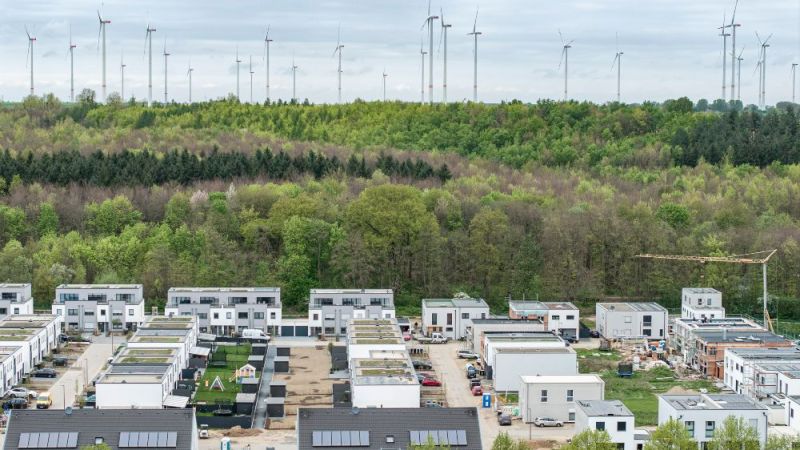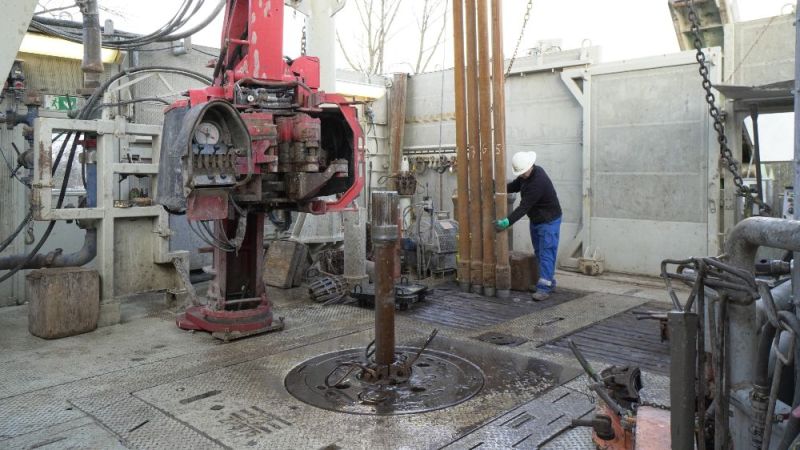
“JenErgieReal” Living Lab for the Energy Transition
Integrated Energy Supply for Cities
Within the Living Labs for the Energy Transition, which are funded by the Federal Ministry for Economic Affairs and Climate Action (BMWK), pioneering projects are implemented on an industrial scale. They are intended to help put innovative technologies and methodologies for the energy transition into practice and to accelerate the transformation of the German energy system. JenErgieReal is to receive funding of over € 20 million from the BMWK over a five-year period.
“The BMWK is awarding funding to JenErgieReal, a living lab in eastern Germany that aims to demonstrate how the transformation of urban energy systems and sustainable supply of cities with electricity and heat can successfully be achieved,” said Stefan Wenzel, Parliamentary State Secretary at the BMWK, in a press release marking the project launch. The grant was awarded during a formal ceremony at the start of November 2022 celebrating the official launch of JenErgieReal.
Intelligently linking producers, storage systems, and consumers
The primary aim of JenErgieReal is to demonstrate how sector coupling, by means of a virtual power plant, can contribute to a cost-effective energy transition in cities. The approach taken is based on an integrated view of the infrastructure and stakeholders in the urban energy system. The focus is on grid serviceability and stabilizing the grid without additional grid expansion. To intelligently link renewable energy sources and storage systems with the main energy consumers in cities – transport, industry, commerce, and housing – the experts will develop and deploy innovative virtual power plant structures. To do so, the project partners will expand renewable energy sources and establish intelligent storage solutions in the city, and will also integrate all consumers into an overarching information and communications technology (ICT) platform.
Large-scale electricity storage systems and photovoltaic and solar thermal power plants will be strategically distributed around the city. The selected locations will address different sectors of the urban energy system. District energy storage systems and those that support the grid will be built at charging stations, for example, or networked with combined heat and power plants. Electric vehicles will be integrated into the system as short-term, mobile energy storage systems. An additional commercial storage system will also enable fast charging for electric vehicles in the future.
In the context of sector coupling, researchers will also focus on thermal energy by producing heat decentrally and reusing waste heat. This will make it possible to utilize the waste heat generated during the fast-charging process and make it available via a decentralized heating system in order to minimize heat and other energy losses.
Flexible scaling in real time
Digital infrastructures connect various producers, storage systems, and consumers. The advantage of the resulting virtual power plant is that, in addition to optimized performance, it provides flexible scalability in real time. Depending on the circumstances, load distribution in the network can be controlled in a highly flexible way together with the various stakeholders – from producers, large-scale electricity storage systems, and electromobility applications to consumers. For example, photovoltaic facilities can be used to compensate for energy losses in the power grid and in storage systems.
The project partners are also planning ahead by taking smart city networking strategies into account (see also smart buildings). To do so, they are making use of artificial intelligence and establishing a platform with a dedicated, optimized hardware and software architecture. For the new virtualization approach, the researchers are developing a measurement system that complies with the German Measurement and Verification Act (Mess- und Eichrecht), which they will integrate into the ICT infrastructure. This will enable different direct-current strengths to be billed for in real time and will also allow automated, individual micro-contracts to be put in place, putting an end to the quarter-hour measurement unit that is currently the standard in the energy industry. It will also make it possible to bill for the fast charging of electric vehicles and electricity storage systems, irrespective of size, charge level, and availability.
People as the main focus of smart cities
In addition to the technical aspects, the concept of regulatory learning plays an important role in JenErgieReal. The researchers aim to determine the changes that are needed in the legal framework to enable energy and climate policy targets to be met more effectively. Furthermore, the Living Lab for the Energy Transition will also investigate societal and social aspects as well as the impacts of digitalization, particularly in terms of districts. This will enable a stronger identification of people as the main focus of smart districts and create framework conditions for sustainable, integrated urban development. All relevant urban functions will be taken into consideration as cross-cutting topics.
The interdisciplinary character of the Living Lab is also reflected in the participating project partners. These include two utility companies and grid operators, an industrial company, two universities, the city of Jena, representatives from the housing industry, and a social welfare association.
The Living Lab for the Energy Transition intends to make Jena – the capital city of Thuringia and home to over 10,000 inhabitants – a blueprint for the sustainable rebuilding of urban spaces, thanks to a holistic approach that will bear relevance well beyond Jena itself. The approaches developed and applied here could be used in future as an inspiration for cities all over Germany. In particular, the overarching view taken of all components within the urban energy system, from producers to consumers, could make Jena a pilot location for the transformation of the energy supply in cities. (lh)
Stadtwerke Energie Jena-Pößneck GmbH
https://www.stadtwerke-jena.de/privatkunden.html
kundenservice@stadtwerke-jena.de
Tel.: 03641 688-366
jenawohnen GmbH
https://www.jenawohnen.de/
post@jenawohnen.de
Tel.: 03641 884-0
METRONA Union GmbH München
https://metrona-union.de/
Stadt Jena - Dezernat 3 - Stadtentwicklung & Umwelt
https://rathaus.jena.de/de/dezernat-3
info@jena.de
Tel.: 0049 3641 49-0
Arbeiterwohlfahrt Regionalverband Mitte-West-Thüringen e.V. - DNIM - Fachstelle für Digitalisierung, Nachhaltigkeit und Innovationsmanagement
https://www.awo-mittewest-thueringen.de/
info@awo-mittewest-thueringen.de
03643 24 99-650
Ernst-Abbe-Hochschule Jena University of Applied Sciences
https://www.eah-jena.de/
Tel.: 03641 205 0
Westsächsische Hochschule Zwickau
https://www.fh-zwickau.de/
Tel.: 0375 536 0


